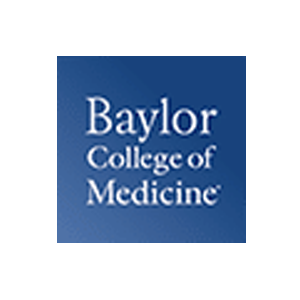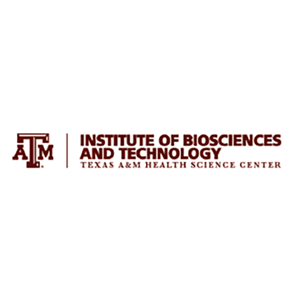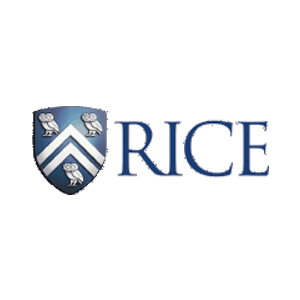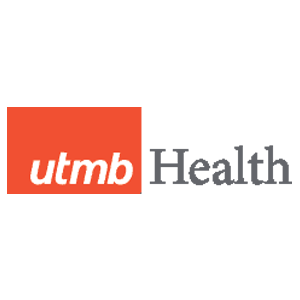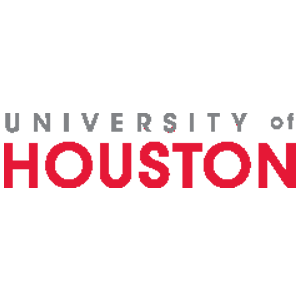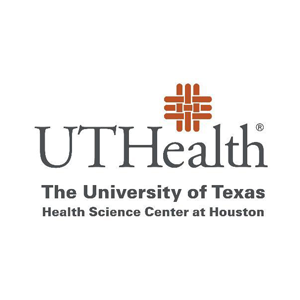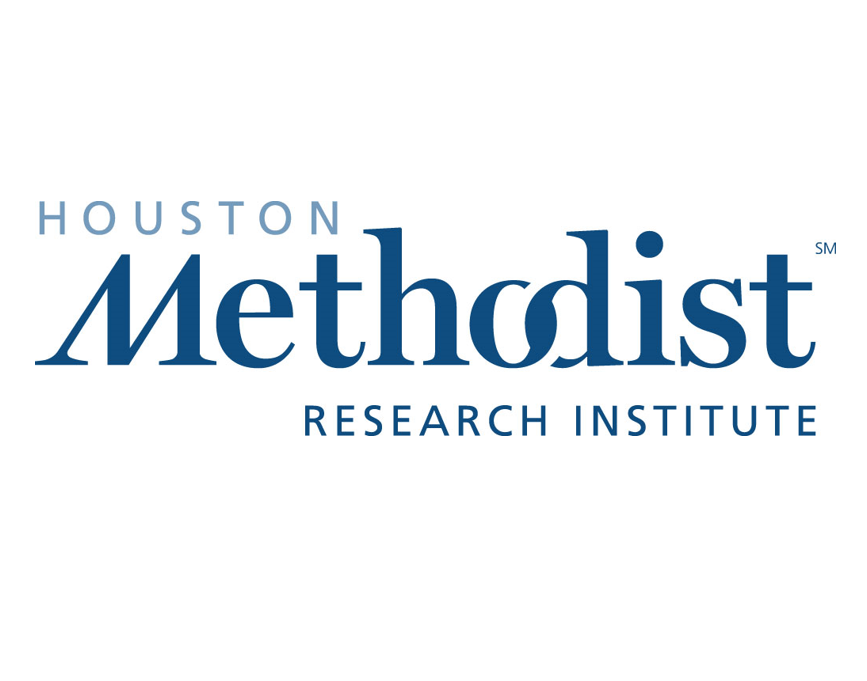Pathway to Independence Award (K99/R00)
The NIH Pathway to Independence Award provides an opportunity for promising postdoctoral scientists to receive both mentored and independent research support from the same award. The award provides up to 5 years of support consisting of two phases. The initial, or mentored phase (K99) provides 1-2 years of mentored support to promising postdoctoral research scientists. The K99 phase is followed by up to 3 years of independent support (R00) contingent on the scientist securing an independent research position. Award recipients are expected to compete successfully for independent NIH Research Project Grant support (e.g., R01 or R35 MIRA for early stage investigators) during the career transition award (R00) period. The Pathway to Independence Award is limited to postdoctoral trainees who propose research relevant to the mission of one or more of the participating NIH institutes and centers.
Who should apply?
- No more than 4 years of postdoctoral research experience at the time of initial application or subsequent resubmission.
- Evidence of research productivity including scientific publications
- A creative idea for an independent research project (not your PI’s research).
NIH Frequently Asked Questions (FAQs)
K99 Success Rates and Funding- Fiscal Year 2023 (with links for K99 instructions for each NIH Institute)
GCC Pathway to Independence: Preparing the K99/R00 and Understanding the NIH Review Process Information Sessions are usually held annually, in the spring.
The information session provides important tips and strategies on how to develop a K99/R00 proposal, including:
- understanding the review process
- effective proposal-planning strategies
- key differences and similarities between proposal writing and academic writing
- how to refine your research and career objectives
- best practices for a compelling proposal narrative
- when to apply — both in terms of NIH funding cycles and your career stage
- how to respond to NIH’s K99/R00 program
Questions or for more information: Vicki Alger, GCC Training Program Administrator and Evaluator: va22@rice.edu.
Resources:
Information Session: Preparing the K99/R00, April 2024
- Elizabeth Festa, PhD, Rice University
- Recording link
- K99R00_April24_Festa_link
Pathway to Independence: Preparing the K99/R00 and Understanding the NIH Review Process
- Jon Meyer, Rice University
- Recording link from 03/2022
- Handout link
K99/R00 Panel Discussion, Dec 15, 2022
- Review Committee Members: Lynn Zechiedrich, BCM; Monte Pettitt, UTMB; Cesar Arias, HMRI
- Award Recipients: Monica Pillon, BCM; George Lu, Rice; Cesar Arias, HMRI
- Moderator: Jon Meyer, Rice, Proposal Development
- Recording link from 12/15/22
- Dec 15 K99_R00 Panel agenda_link
NIH Resources: https://researchtraining.nih.gov/programs/career-development/K99-R00
Other Resources:
A Personal Guide to Applying for the NIH K99 – NPA Fall 2024
Top Tips from Pathway to Independence Workshop


